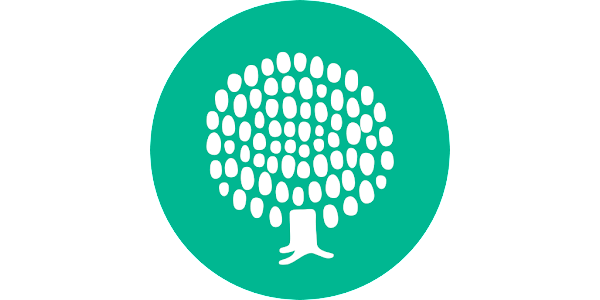
It’s disheartening to see a community platform like #Trustroots https://trustroots.org facing challenges with governance, with issues and tensions among its contributors https://github.com/trustroots-community/trustrots/issues?q= and here https://trustroots.community/ This situation is messy and underscores the importance of establishing healthy governance practices within community-driven projects to ensure their long-term sustainability and effectiveness.
The case of Trustroots alongside the earlier issue of #CouchSurfing are a cautionary tale about the pitfalls of traditional feudalistic #FOSS foundation/ #NGO models for open-source projects. These models may initially build collaboration and innovation, but easily become susceptible to internal conflicts and power struggles over time.
The #OGB (Open Governance Body) is an alternative approach rooted in a grassroot and inclusive history and ethos. By embracing “producer” sortation, decentralized decision-making and community-led initiatives, projects like #OGB aim to avoid the pitfalls associated with hierarchical governance structures https://hamishcampbell.com/?s=OGB
Examining case studies like Trustroots and CouchSurfing offer insights into the complexities, and outcomes, of managing community platforms and the importance of fostering #4opens transparent, inclusive, and participatory governance to sustain healthy and thriving communities.

We can’t keep making this same mess.